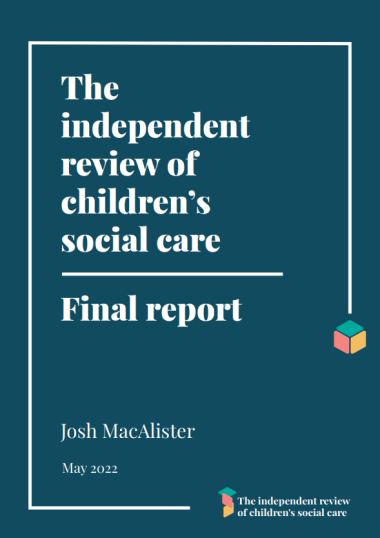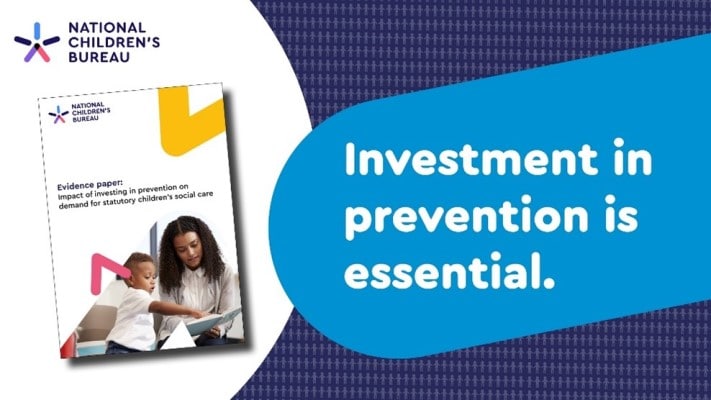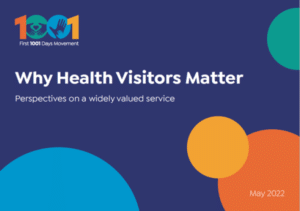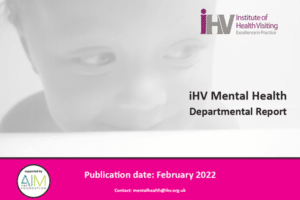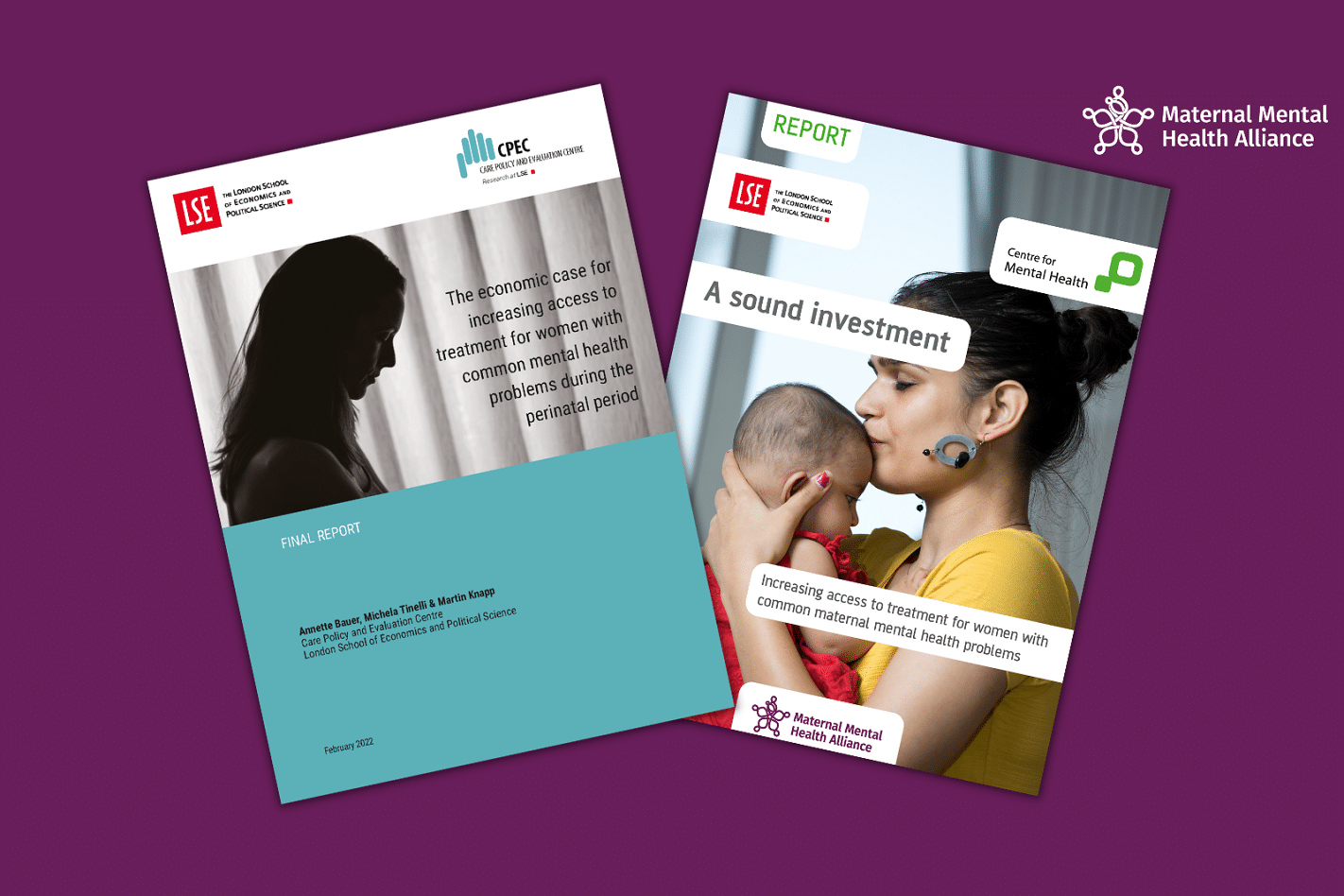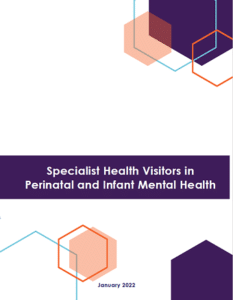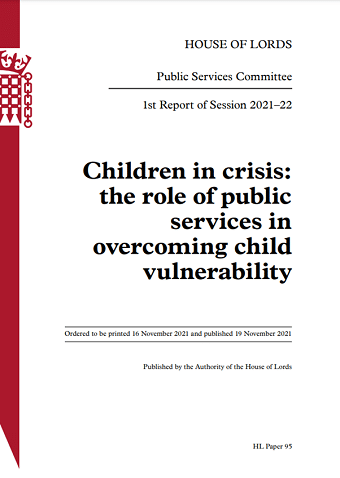The Duchess of Cambridge will host a roundtable at the Royal Institution today to mark the release of new research from The Royal Foundation Centre for Early Childhood.
A year on from its launch, The Centre for Early Childhood will be unveiling the findings of new research into early childhood development, as The Duchess of Cambridge and the Centre host a small roundtable to discuss the results and broader importance of early childhood development to society.
The roundtable will be attended by representatives from the early years sector; the Secretary of State for Health, Sajid Javid; the Minister for Families, Will Quince; and officials from the Department of Health and Social Care and the Department for Education. Together, they will discuss the findings of the research published today, and the huge opportunity that there is to shape the future of our society by focusing on the importance of early childhood to lifelong outcomes.
Conducted by Ipsos UK on behalf of The Royal Foundation Centre for Early Childhood, the research comes two years after The Duchess’s landmark survey – ‘5 Big Questions on the Under-Fives’ – which attracted the largest ever response to a public survey of its kind with over 500,000 responses in one month, sparking a national conversation on the early years. The research delves even deeper into public perceptions of early childhood, focusing on three key areas: the prioritisation of the early years; the link between the first five years of life and lifelong outcomes for mental health and wellbeing; and the support parents seek when raising young children.
Seven in ten people say the early years should be more of a priority for society.
Earlier this year, The Duchess travelled to Denmark where she learnt about how the Danish approach has created an enabling culture for early childhood development, specifically how it has promoted infant mental wellbeing alongside physical health, and how it harnesses the power of nature, relationships and playful learning in the first five years of life. The service in Denmark is modelled on the health visiting service in England. However, in contrast, the work to support families in the earliest years in Denmark is a national priority and the workforce is afforded much higher status and greater investment than their counterparts in England.
Today’s research also follows over a decade of work by Her Royal Highness in which she has seen first-hand how some of today’s hardest social challenges have their roots in the earliest years of a person’s life. The Duchess is committed to raising awareness of the importance of early childhood experiences and of collaborative action to improve outcomes across society. She launched The Royal Foundation Centre for Early Childhood in June 2021.
Speaking about the research published today, The Duchess of Cambridge said:
“Our experiences in early childhood fundamentally impact our whole life and set the foundation for how we go on to thrive as individuals, with one another, as a community and as a society.
“The findings published today present us with a huge opportunity and demonstrate there is real appetite from the public to bring this issue up all of our agendas. There is more we can all do – every member of society can play a key role, whether that is directly with a child or by investing in the adults around them – the parents, the carers, the early years workforce and more.
“If we come together to raise the importance of early childhood development, we’ll soon see that healthy, happy individuals make for a healthier, happier world. Which is why every second we spend with a child, is an investment in our collective future.”
Alison Morton, iHV Executive Director, says:
“The findings from today’s research, alongside the long-term commitment of the Duchess of Cambridge to raising awareness of the importance of early childhood experiences, provide an opportunity to shift the needs of babies and young children higher up the national agenda. With such a vast body of evidence making the case for investment in the earliest years of life, we hope that today’s Roundtable will ‘light the touch paper’ for the change that so many of us who work in this field have hoped for – but hope is not enough. In the words of the Duchess of Cambridge, there is definitely ‘more we can do’ and it starts in the heart of government.”



